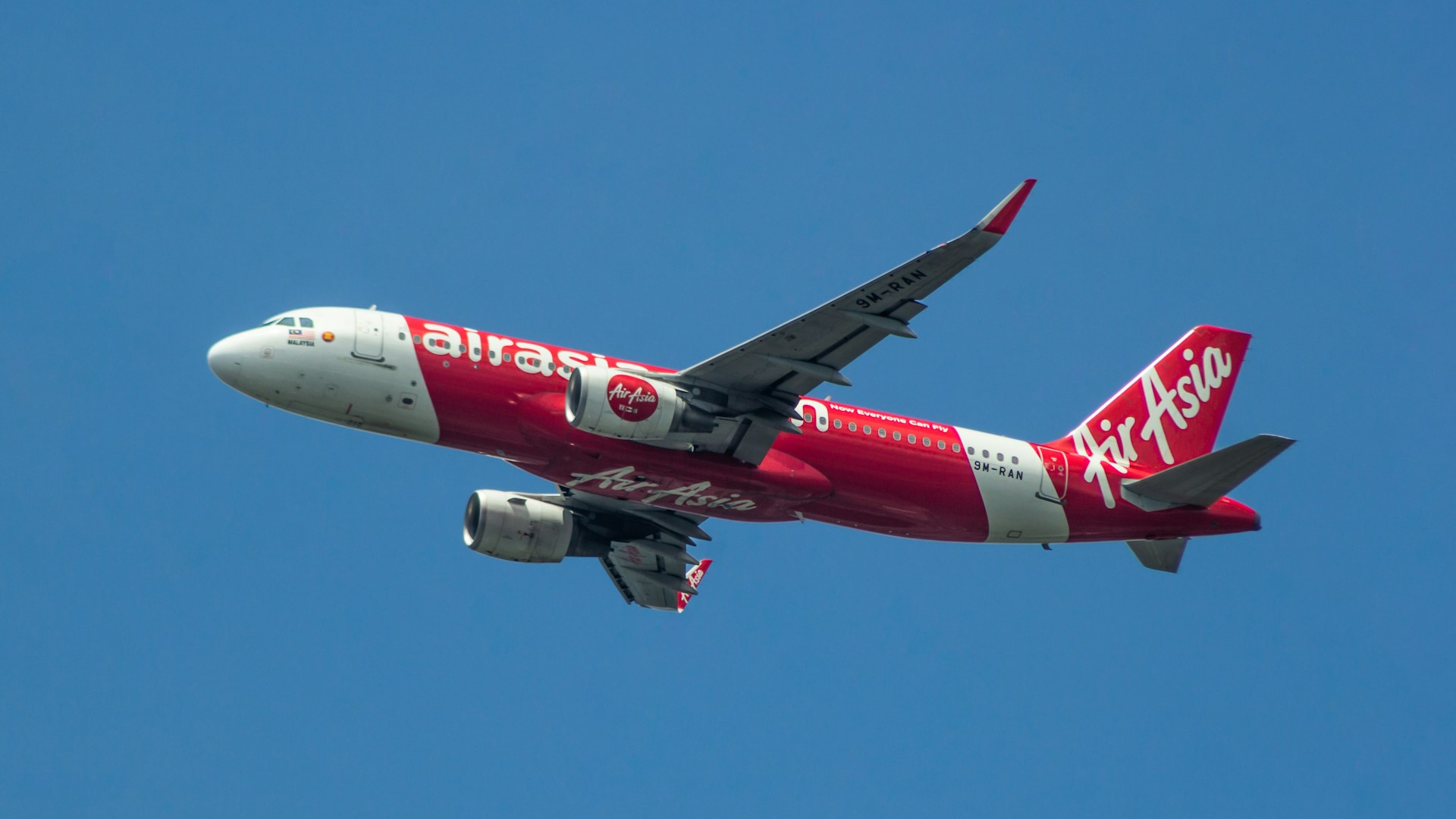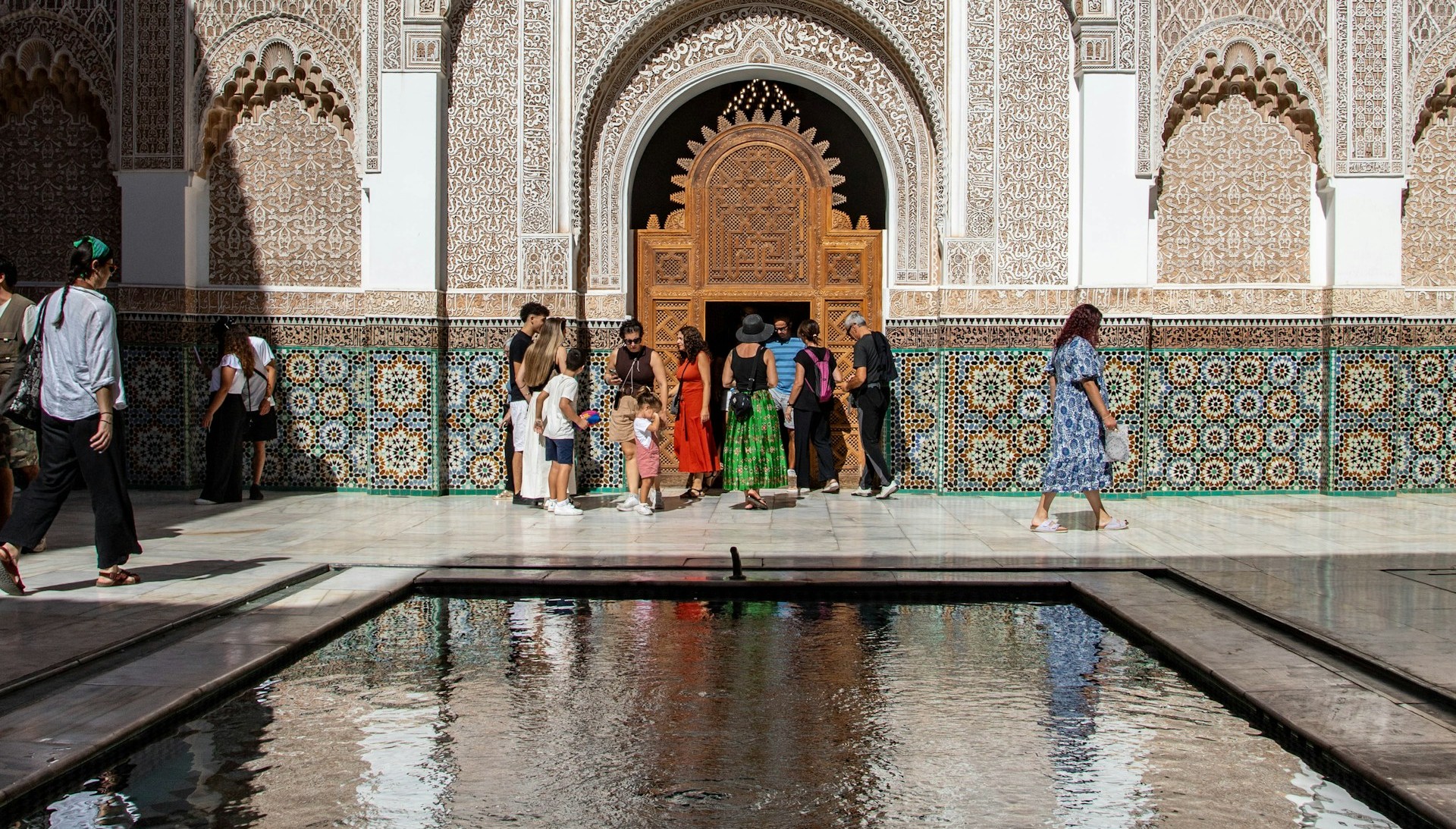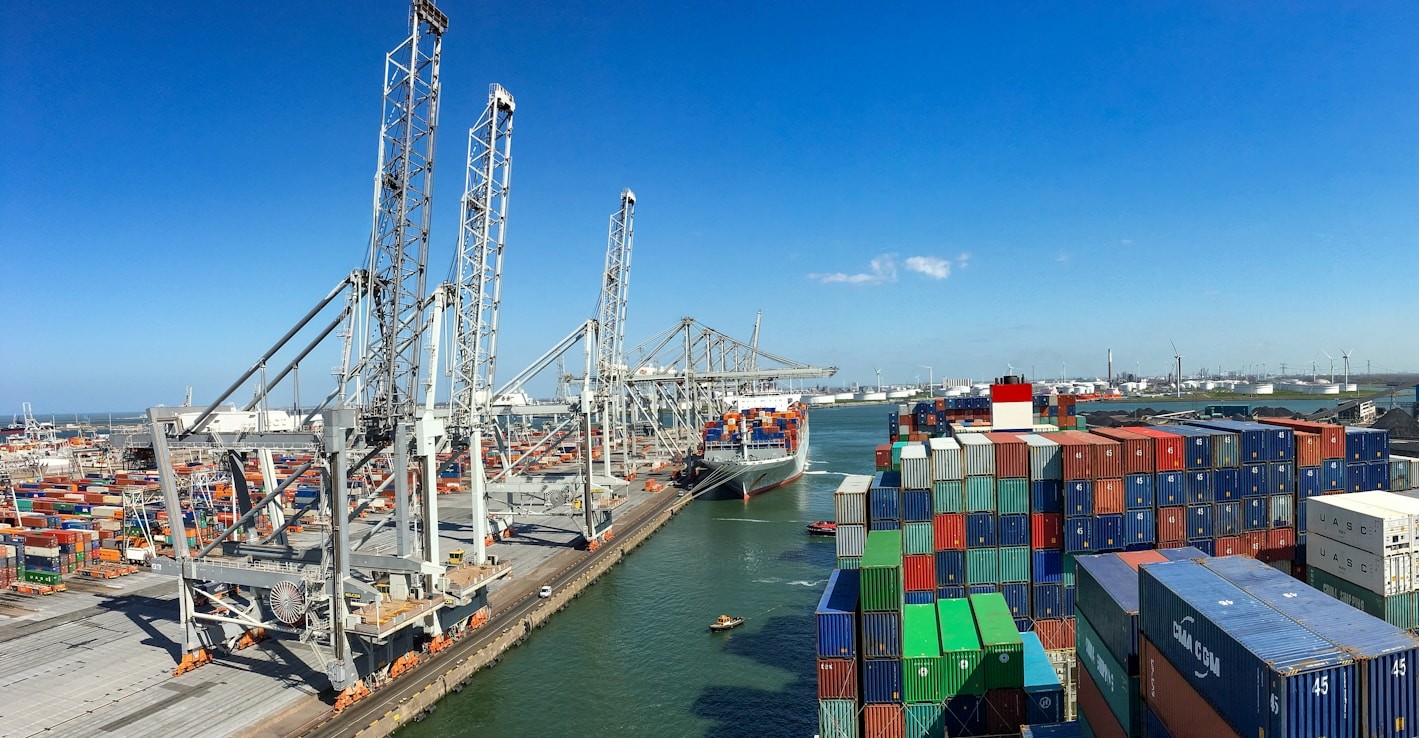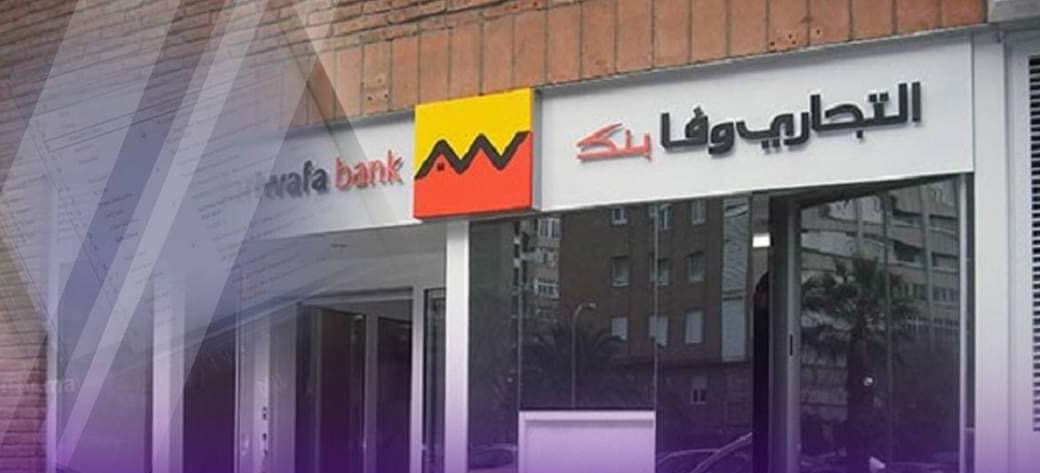Casablanca – The Moroccan government has unveiled a comprehensive roadmap for foreign trade covering the period 2025–2027, with the goal of strengthening the country’s economic performance through export development and job creation.
The plan was presented during a high-level meeting chaired by Prime Minister Aziz Akhannouch in Rabat, and attended by key government officials, including State Secretary in charge of Foreign Trade, Omar Hijra. The roadmap comes in response to the directives of King Mohammed VI and is part of a broader strategy to make trade a key driver of national development.
According to details shared during the meeting, the roadmap sets three strategic objectives: the creation of approximately 76,000 new jobs, the annual establishment of at least 400 new export-oriented companies, and an increase of about $8.7 billion in export revenues. The strategy aims to take advantage of existing economic potential and global trade dynamics to diversify Morocco’s export portfolio and enhance its presence in international markets.
Prime Minister Akhannouch emphasized the importance of integrating small and medium-sized enterprises (SMEs) into the export ecosystem. He noted that enabling SMEs to access global markets is essential to improving competitiveness and achieving inclusive growth.
The roadmap also outlines six key reform areas, including accelerating the digital transformation of foreign trade procedures, establishing regional support offices, and promoting exports from sectors such as traditional crafts and the social and solidarity economy. These initiatives are designed to improve efficiency, reduce administrative costs, and support regional economic actors.
The new foreign trade strategy aligns with Morocco’s broader ambition to increase its integration into global value chains, diversify trade partnerships, and boost the contribution of foreign trade to the national GDP. It complements other ongoing government programs focused on housing, infrastructure, and preparations for hosting the 2030 FIFA World Cup, all of which are expected to further stimulate job creation and investment.
This roadmap is one of several government initiatives positioning trade as a central pillar of economic growth, with a clear emphasis on employment, regional development, and support for local industries.
















